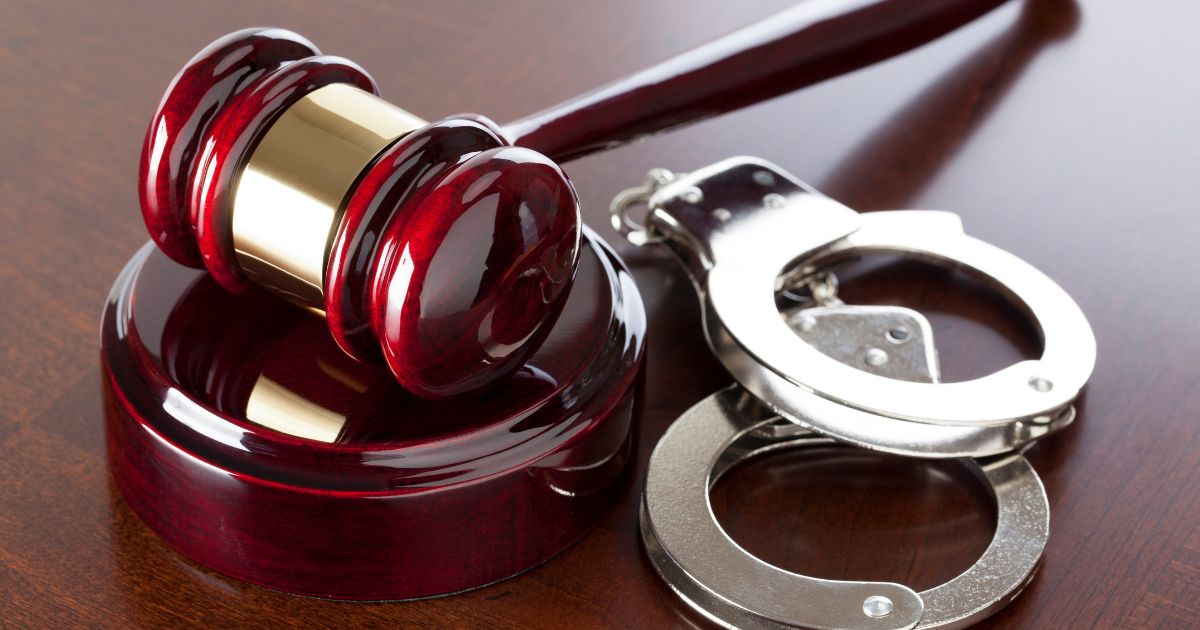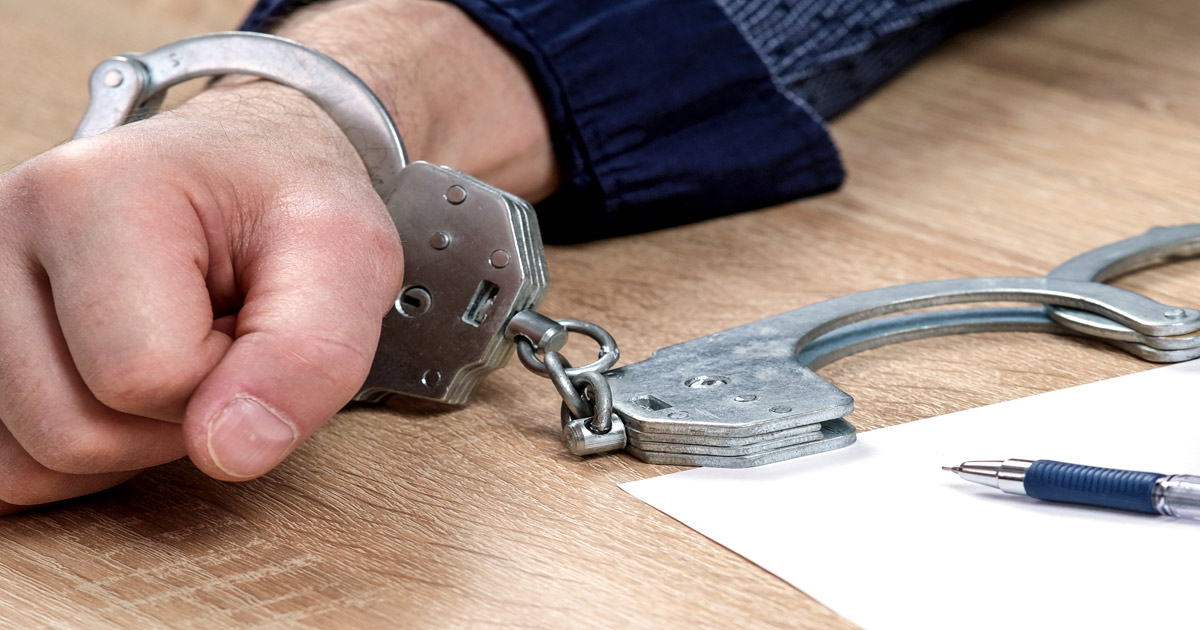Georgia has laws against simple assault and aggravated assault. “Simple assault” means you meant to cause harm to a person. A punch to the face would be a good example of simple assault. You also could commit simple assault by just threatening to harm someone.
Simple assault often is paired with a battery charge. “Battery” means you touched another person without that person’s consent, such as a knee to the groin.
Simple assault is a misdemeanor criminal act that might land you in jail. It certainly would trigger a fine. An aggravated assault is a more serious felony that could put you into prison for many years.
How an Assault Becomes Aggravated?
Assaulting someone never is a harmless crime. The way in which you assault someone is the difference between facing a misdemeanor and a felony criminal charge.
There are four general ways in which a simple assault crosses the line and becomes a felonious aggravated assault. An aggravated assault occurs when you:
- Intend to rob, rape, or murder the victim.
- Use a deadly weapon or object that could cause great bodily harm.
- Attempt to strangle the victim with an object designed for that purpose.
- Discharge a firearm while inside a vehicle.
A conviction for the felony charge could land you in jail for between one and 20 years. Georgia laws impose additional penalties for extreme cases.
Evidence Requirements to Prove Aggravated Assault
If you are charged with aggravated assault, the prosecutor must show that you acted violently. Punching someone in the face or hitting someone with a blunt object would be two examples of how that might happen.
The violent act must demonstrate that you had the ability to cause the victim to fear that a violent injury would occur. The victim must have a reasonable concern that you were going to inflict an injury through violence and that threat was imminent.
For example, you might be working on your home and had a hammer in your hand to perform that task. Holding the hammer when someone initiates a verbal dispute would not be a threat of great bodily harm. It would be unreasonable to conclude that you intended to use the hammer in a violent and offensive manner.
On the other hand, you might not be working on your home and picked up a hammer to use as a weapon. In such instances, a reasonable person could conclude that you intended to cause great bodily harm. You might use the same item, a hammer, in a threatening manner that triggers aggravated assault. You also might simply have it in your hand by coincidence because it is the right tool for whatever job you were doing at the time.
That would not rise to the level of aggravated assault. What a reasonable person would conclude given the same circumstances can mean the difference between a simple assault that is a misdemeanor and an aggravated assault that is a felony.
Specific Examples of Aggravated Assault in Georgia
The following offenses are specifically listed as specific ways in which aggravated assault could occur in Georgia. An aggravated assault charge could be automatic whenever you assault someone:
- Performing official duties like a police officer, corrections officer, or officer of the court.
- Aged 65 or older.
- While using a public transportation system.
- With a firearm while on school property.
- A child under age 14, while attempting to rape that person.
You also could face an aggravated assault charge by assaulting a current or former spouse of any children living in the home.
The penalties for such instances of aggravated assault could result in a sentence of up to 20 years in prison if you are convicted. The penalty for aggravated assault while raping a child is more severe – between 25 and 50 years imprisonment.
A prior felony conviction would trigger the maximum sentencing for a subsequent conviction for aggravated assault., A court also could impose a fine and require you to pay restitution to one or more victims.
Possible Legal Defenses to Aggravated Assault Charges
Many felony charges are filed for aggravated assault because one person was really mad at the other. Emotional intelligence refers to the ability to not make dumb mistakes just because you are mad.
Committing aggravated assault is a good example of losing your cool and committing a felony that might put you behind bars for a couple of decades. Odds are you would not try to defend yourself by claiming the person “had it coming” or uttered “fighting words.”
Such a poor legal defense would land you in prison, and a lack of remorse might convince the judge to sentence you to the maximum time allowed by Georgia law.
More effective legal defenses could lower the charge to a simple assault or possibly get it dismissed. The following are some of the more successful legal defenses that might apply in your case and many others.
No Intent to Cause Harm
Just because you got into a fight that resulted in harm to another person does not mean you intended to do so, and without intent to commit the assault, there is no aggravated assault.
Maybe you were minding your own business and someone decided to pick a fight with you. If that person loses the fight, you are not necessarily the one who committed an assault and especially not an aggravated assault.
An experienced criminal defense lawyer could help you to lay out a sensible defense based on the lack of intent.
Defense of Self, Another Person, or Your Property
The right to self-defense is a very strong one. If another person threatens you with bodily harm, you have the right to defend yourself. A simple self-defense argument against an aggravated assault charge might result in a dismissal of the charge or an acquittal.
You also might have acted to prevent harm to another person. For example, if you are walking with your wife and someone assaults her, you could protect your wife against that assault.
If someone is trying to damage your home or maybe tries to break into it, you have the right to defend your property. That does not mean you can just shoot someone.
Shooting someone only is legal if you are under a threat of great bodily harm or otherwise face an imminent danger of harm occurring. You cannot use your firearm to protect property.
If an intruder shows up inside your home, it would be more reasonable to conclude that person is an imminent threat of great bodily harm. The same person trying to break into your car is not necessarily an imminent threat.
You cannot use a firearm to defend your car or similar property. You also could not use a deadly object. Those only are allowed when you face an imminent threat of great bodily harm.
Did Not Use a Deadly Weapon
You might get into a fight and prevail. If that person claims that you possessed a deadly weapon, it might trigger an aggravated assault charge.
You could argue that you did not possess a deadly weapon or use one to assault the individual. The prior hammer example is a good illustrator of how you might have an object that has an intended use, like driving nails into wood.
A fight might occur while you possess that hammer with the intention of using it to get work done. If your intent was not to use the hammer to inflict great bodily harm upon another person, you would not have committed an aggravated assault.
A prosecutor might overlook the circumstances and charge you with aggravated assault anyway. An experienced criminal defense attorney could help you to present a strong defense that shows the hammer or another object was not used as a deadly weapon. That could get an aggravated assault charge lowered or dismissed.
Springfield Criminal Defense Lawyers at Kicklighter Law Uphold the Rights of the Accused
If you were charged with aggravated or simple assault, we can help. Arrange a meeting with one of our experienced Springfield criminal defense lawyers at Kicklighter Law. Call us at 912-754-6003 or contact us online to schedule a consultation at our law office in Springfield, Georgia. Our clients are located in Springfield, Effingham County, Savannah, and surrounding areas.










